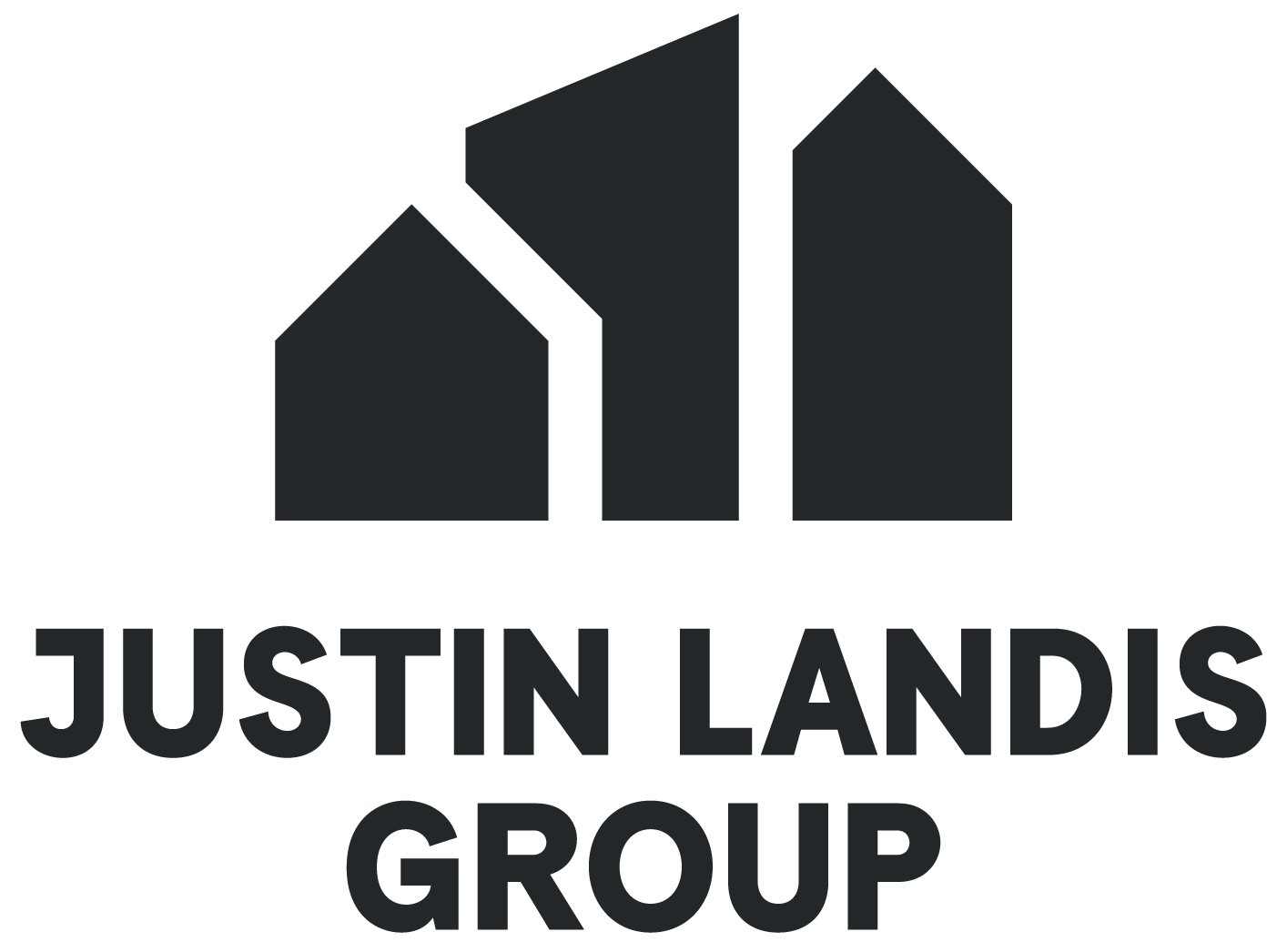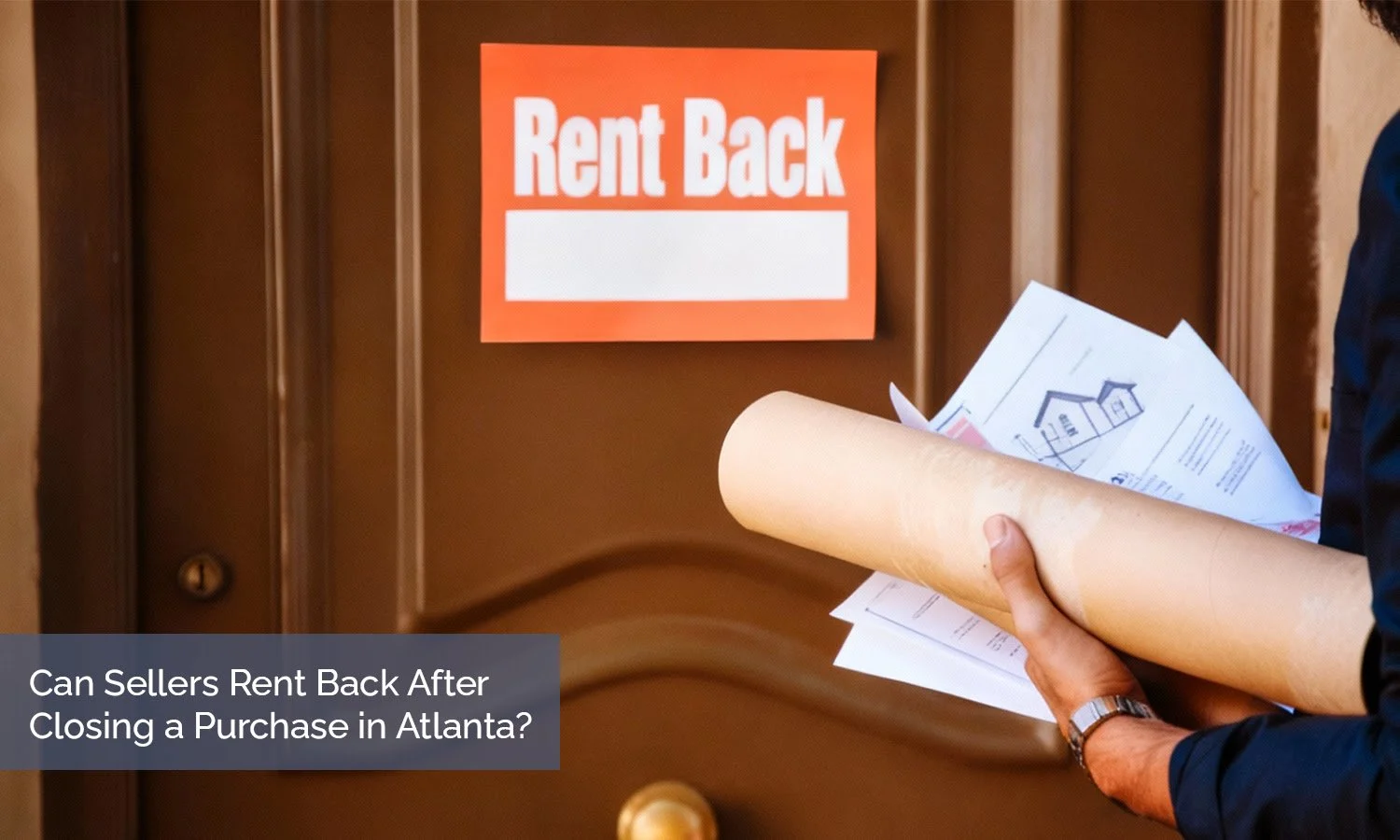Can Sellers Rent Back After Closing a Purchase in Atlanta?
Post-closing occupancy agreements (sometimes called rent-backs) have turned into something that helps each side of a real estate transaction. If you're selling, an agreement like this has the breathing room that you need to coordinate your move without the pressure of a hard deadline. You won't have to manage two closings at the same time, and you can skip the expensive short-term rental that would normally fill in the difference between the sale and your move. On the buyer side, a rent-back can make your bid more interesting to sellers who need more time. At the same time, you're already taking ownership of the property, and your equity starts to build from day one.
To set this up right, you need to have the right paperwork signed and ready to go - otherwise, one of you could wind up in a messy situation. I'll talk about how rent-backs work in Georgia, what legal documents you need, how to work out a fair rental rate and what protections you should have in place to stay away from the usual problems that can happen during this in-between period.
Here's how a seller rent-back arrangement actually works in Atlanta!
What's a Post Closing Agreement?
The ownership of your Atlanta home transfers over to the buyer when you sign the final paperwork. You have to account for this even if you want to stay in the house past the closing date.
Legally speaking, the house itself changes hands just like any other standard home sale would. Your legal status is the part that changes once the documents have been signed and finalized.
You go from being the homeowner to a tenant who rents the property that you just sold. The buyer turns into your landlord for as long as this temporary arrangement lasts. You'll pay them rent for every day or week that you stay in the house after the closing date. At this point, you have a landlord-tenant relationship with the same person who was sitting on the other side of the closing table just hours or days earlier.
How this actually works is pretty easy. The buyer turns into the legal owner of the property and takes on all their landlord responsibilities as you take on your usual tenant responsibilities - and yes, that includes paying your rent on time based on whatever payment terms the two of you agreed to in your contract. During this rental period, some protections are built in for each of you.
A rent-back is pretty different from your standard rental situation for a couple of main reasons. First, the timeline is usually much shorter. Most sellers will only stay for a week or two, maybe a month at the longest, instead of signing on for six months or a full year. The other way it's different is in the relationship between you and your new landlord. The two of you just closed on a big home sale together, and this shared experience changes the whole relationship.
This type of deal carries some personal history that you're not going to find when you rent from a stranger or work with a property management company. Just days earlier, this home was still yours. The buyer just made one of the biggest purchases that they'll probably ever make. All this history changes the way that these post-closing agreements play out in real life.
The Georgia Laws for Rent Back Deals
Once the deal closes and the seller remains in the home, the law will view this arrangement as a landlord-tenant relationship. A number of different legal protections and responsibilities now come into play for the two of you. The state takes these situations into account, and each party needs to be on the same page about the fact that the buyer has become a landlord and the seller has become a tenant, with the legal rights and protections that go along with it.
Once the seller is a tenant under Georgia law, they're protected. For one, they're entitled to a safe and livable property for the entire rental period. They can't be kicked out without warning either. The buyer doesn't get to show up and change the locks one day or force them out - there's a legal process that has to happen first.
The buyer picks up some responsibilities in this arrangement, too. The maintenance and urgent repairs fall on them, and the property should be kept in a decent condition during the lease. Privacy matters during this time, and the seller still has rights even though the buyer owns the home. Unannounced visits aren't allowed - the buyer has to give advance warning before they stop by. Georgia's Residential Landlord and Tenant Act is what covers these rental arrangements - this law sets up the laws for how landlords and tenants need to interact, and it covers what each side is responsible for and what ends up happening when one side fails to hold up their end of the deal.
This landlord-tenant arrangement comes with actual obligations for each party. If the seller won't move out on time, the buyer has to go through formal eviction procedures. The seller needs to take care of the property and stay on top of their rent payments.
How Long Can the Seller Stay?
Most seller rentback agreements fall in the 30 to 60 day range, and this window isn't random - it makes sense for a handful of common sense reasons. The main problem is how mortgage lenders view these situations. When most buyers take out a traditional mortgage loan, they have to promise their lender that the home will be their primary residence - this might not sound like a big commitment. Primary residence loans have much lower interest rates and much better loan terms compared to what you'd get for an investment property.
When the seller stays in the home well past the closing date, the lender will start to ask questions about whether the buyer actually moved in, as they promised - this might trigger what's called a loan reclassification, and it can become a big problem. The mortgage that was originally approved as a primary residence loan could wind up in a different category and get treated as an investment property loan instead.
That reclassification causes some problems for buyers. They might not even know about it. But they'd wind up breaking the terms of their mortgage contract. Lenders take occupancy requirements extremely seriously for an obvious reason - their whole evaluation and the loan approval is based on how the property is actually going to be used.
Sellers might need more than the standard 2-month window to finish their move, and this comes up frequently. Maybe their new house isn't ready, or they need more time for a job relocation - this shouldn't kill the deal. What matters is that you plan ahead and that you make sure that the buyer's lender knows before anyone signs anything.
Buyers who agree to longer rentback periods without talking to their lender first are putting themselves in a risky position. The lender has every right to call the whole loan due immediately, or they can demand different terms from what was agreed upon. And in some cases, the buyer might even need to qualify for a different mortgage product if they're going to let the seller stay in the home past that 60-day cutoff.
Their job is to make sure that the mortgage approval process is honest and that everyone at the table knows what they're in for when they sit down and sign that sale contract.
How to Price Your Rent
The money side of a rent-back deal needs to make sense for everyone involved. Buyers calculate how much the rent is per day based on what they'll be paying each month to own the home. We're talking about the mortgage payment, property insurance and property taxes on the property. If there's an HOA fee attached to the home, that gets worked into the calculation as well.
An example with numbers can help explain this. A buyer purchases a home in Atlanta for around $400,000. Their total monthly costs land somewhere around $1,500 to $2,100 (this changes based on their loan terms and which neighborhood the home is in). To calculate what they charge per day, they take that monthly number and divide it by 30 days. For this example, the rent for each day comes out to between $50 and $70.
Buyers set up rent-back pricing in a few ways, depending on their preference. Some charge just enough to cover their costs (mortgage, insurance and taxes) without adding any markup. Others like to include a small premium to pay them back for the inconvenience and possible wear and tear as the seller remains in the home. Either way works as long as all parties feel comfortable with the arrangement and agree on terms before closing.
Security deposits are part of these agreements as well. Most buyers are going to want the seller to put down a deposit that protects them if something gets damaged or goes wrong, as the seller is still in the house. It'll usually fall between $2,000 and $5,000 in Atlanta. How much you'll actually pay can depend on how long the seller plans to stay and what the home is worth.
Utilities are another item that needs to be figured out before the deal closes. In most rent-back arrangements, the seller continues to pay for the electricity and the water as they stay there. Homeowners insurance falls on the buyer because they're the legal owner of the property at that point. Maintenance responsibilities depend on how the agreement is written. Usually, sellers take care of the home just as they would have if they had never sold it in the first place.
The Terms for Your Rent Agreement
After the financial terms are worked out for the rent back, the next step is to get everything documented. A post-closing occupancy agreement does the job for this, and it needs to include the exact date when the seller has to move out. This same agreement should also outline if they stay longer - fees for each day are the standard way to manage this scenario. These fees make sure that both sides understand the consequences if the move-out date gets pushed back.
Insurance is another big part of the rent back agreement that you should work out early. The seller needs to keep their homeowner's policy active for as long as they still live in the house after the closing. Maintenance and repairs are another matter you'll need to work out - specifically, who's responsible for what during those weeks or months.
Verbal agreements can seem easier. But they create plenty of room for misunderstandings after the fact. Documentation done right gives the buyer and the seller protection if anything goes wrong. You'll have written terms to reference instead of just relying on memory or hoping that everyone follows through.
A post-closing occupancy agreement is structured quite a bit differently than your standard residential lease. These agreements are designed for temporary situations - usually just a few days or weeks at most. The document needs to spell out that the seller has officially transferred ownership and now rents back as a tenant. Main sections should address who pays for utilities, when the new owner can access the property and how the security deposit will cover any damages.
Treat this the same way you would any other real estate deal - it's no different. Make sure everything is documented in writing and all parties involved agree to and sign the terms before the closing!
Moving to Atlanta?
Rent-back arrangements are legal in Atlanta, and they've become more common as homeowners learn how much they can help. These agreements solve problems for sellers and buyers. Sellers get the time they need to find their next home or manage a tough move, and buyers can lock in the property they want without everyone rushing through a tight timeline.
Rent-back deals last anywhere from 30 to 60 days and give sellers enough time to pack up and manage what they need to take care of. The rent amount needs to be at fair market value so the two parties feel comfortable with the deal. Nobody wants to feel like they ended up with a raw deal.
These arrangements take some planning and attention to the specifics, of course. The flexibility is what can make or break a deal. A buyer and seller could be a perfect match in every other way. But if the timing doesn't line up, a rent-back agreement could be just what solves the problem. The two sides have to go into it with clear expectations and the right documentation.
Atlanta could be on your radar if you're looking for a new place to call home. Every neighborhood feels different, and the city has something new around each corner. The Justin Landis Group knows what makes each area special and why local knowledge matters when you're making a big move like this. Some buyers want a peaceful place in the suburbs, and others would be right in the middle of downtown, where everything happens.
We know how to match what you're looking for with a property that actually fits your life. Contact The Justin Landis Group, and we'll help you find the right home!







